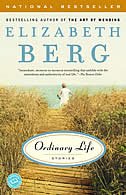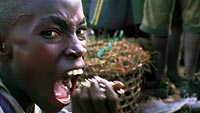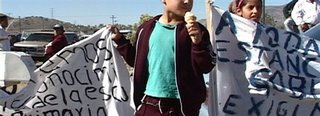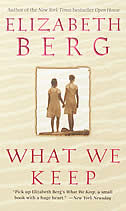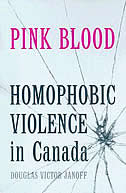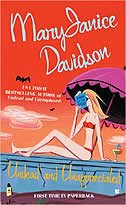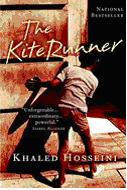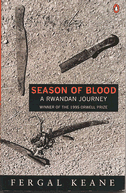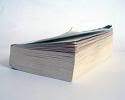Olivia Joules and the Overactive Imagination
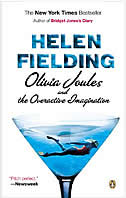
Olivia Joules and the Overactive Imagination
By Helen Fielding
This was a very disappointing book. I loved Bridget Jones’ Diary and thought Fielding’s writing style was hilarious - I literally laughed out loud while reading that book for the first time. I suppose in light of the success of Bridget Jones she wanted to try to writing something that wasn’t exactly the same, but I think that with this book she’s gone too far a field of what it is that she does best.
What we loved about Bridget Jones as a character was her ordinariness – her relatability. Olivia Joules, the character in this book, lacks that quality. Olivia Joules is a free-lance journalist, flying around the world to exotic locations to write magazine articles. We’re supposed to believe that she’s good enough to continue getting work, and yet we’re told that her recent work has been unbelievable and she’s accused by one of her editors of having an overactive imagination. (For what it's worth, I would have titled this book "Olivia Joules and Her Overactive Imagination".)
She’s sent to Miami to cover a cosmetics launch and her imagination is engaged by a handsome French producer whom she believes to be Osama bin Laden undercover. The plot just spins off from there become more and more implausible as the book progresses. Olivia is portrayed as an irresistible temptress and she’s seducing men left and right. Fielding describes Olivia’s humble beginnings (from small town in England, used to be a bit overweight) in an effort to make her more likeable, but it really didn’t work.
None of the relationships in the book were well developed enough to be believable and the plot was absolutely absurd. What made it most disappointing is that we know what great stuff Fielding is capable of. Hopefully the commercial failure of this book will force her to go back to writing about ordinary people dealing with ordinary problems with her signature hilarious style. I don’t want to see a single CIA agent in her next book!
I gave this book my lowest rating - I don't even have a half-book rating, although if Helen Fielding writes a sequel to this book I will definitely have to develop one!



